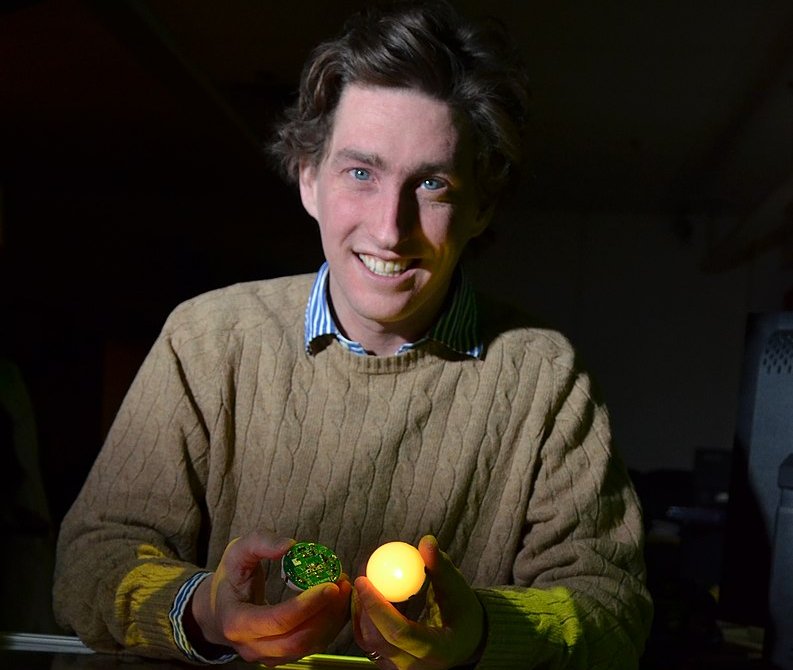Robotic Materials - Self-organization for Materials that Make Robots Smart
Time
Tuesday, 3. January 2023
11:00 - 12:30
Location
PZ801
Organizer
Heiko Hamann
Speaker:
Nikolaus Correll (Univ. of Colorado Boulder)
Robotic Materials - Self-organization for Materials that Make Robots Smart
I describe my vision and recent results for “robotic materials”, composite, cellular, materials that tightly integrate sensing, actuation, computation and communication, leveraging self-organization and distributed algorithms to change their shape, function, and appearance or process high-density, high-bandwidth sensor information. While such systems are omnipresent in nature in the form of skin, muscle and bones with the most prominent example the octopus that can camouflage itself and distributes 2/3rd of its neurons throughout its body, engineering robotic materials pose fundamental challenges. At the local level, sensors and actuators require signal processing and feedback control, often involving strong non-linearities due to sensors, actuators or materials themselves. To this end, I describe our recent results on model-predictive control using deep, recurrent convolutional neural networks that are an order of magnitudes smaller than previously reported in the literature and can therefore be executed on small microcontrollers co-located with sensors and actuators. At the global level, robotic materials require distributed algorithms for localization of individual computing elements, deploying coordinate systems within the material, and performing consensus and collective decisions. While the prototypes resulting from my lab are coarse, they are functional and define the information requirements and engineering roadmap to create more integrated systems that mimic the density of sensing, actuation and computation in natural systems.
Nikolaus Correll is an Associate Professor of Computer Science at the University of Colorado Boulder. Nikolaus obtained is PhD in CS from EPFL in 2007 and holds a Diplom in Electrical Engineering from ETH Zürich. He was a post-doc at MIT CSAIL working with Daniela Rus from 2007 to 2009. He is the recipient of a 2012 NSF CAREER, a 2012 NASA Early Career Faculty Fellowship, and a 2016 Provost achievement award.

